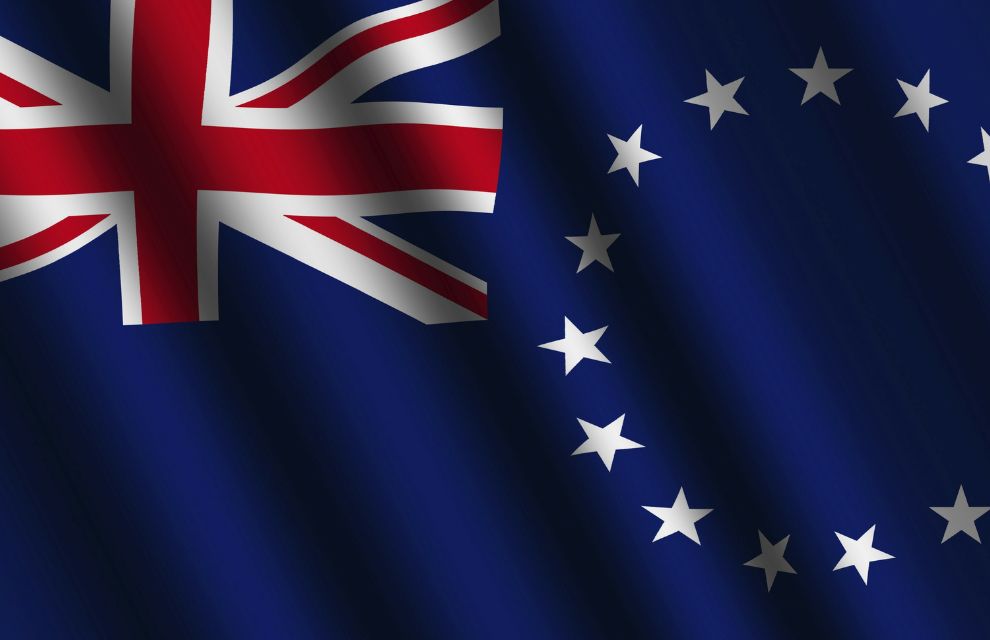Experts from the Cook Islands Financial Services Development Authority highlight the jurisdiction’s stability and regulatory maturity as key factors driving its appeal as a captive insurance domicile
The Cook Islands, a remote Pacific nation known for its pristine beaches and thriving financial services industry, has steadily gained prominence as a captive insurance domicile. The passage of the Captive Insurance Act 2013 (CIA) and the Captive Insurance Regulations 2013 (CIR) marked a significant step in strengthening its financial services industry, enabling businesses to establish captives in a jurisdiction offering business-friendly regulations, a robust legal system, and competitive financial incentives.
Legal and regulatory framework
Captive insurance in the Cook Islands is primarily governed by the CIA and CIR, under the supervision of the Cook Islands Financial Supervisory Commission (FSC). The legal framework was crafted in response to market demand, balancing flexibility and administrative simplicity with robust regulatory oversight. The Cook Islands' captive regime is designed to accommodate various business structures. Companies can register as either Cook Islands International Companies under the International Companies Act 1981-82 or domestic entities under the Companies Act 2017.
According to the Financial Services Development Authority (FSDA), over the past year, the Cook Islands has not introduced significant regulatory changes specifically targeting the captive insurance sector. However, this stability underscores the strength and maturity of the existing framework, which continues to support captives effectively while aligning with international best practices. The focus has remained on maintaining and reinforcing compliance with global standards set by organisations such as the Financial Action Task Force (FATF), the Organisation for Economic Co-operation and Development (OECD), and the European Union (EU).
Despite this regulatory stability, the FSC continues to refine its approach, ensuring it remains competitive. Industry professionals acknowledge that the regulatory environment must evolve alongside global insurance trends and economic shifts. There is an ongoing commitment to streamlining processes for licensing and compliance while maintaining the jurisdiction’s high international standing.
Key features of the Cook Islands captive regime
One of the standout features of the Cook Islands captive insurance regime is its low statutory minimum capital requirement, which is set at NZ$100,000 (US$58,800), significantly lower than other leading domiciles such as Bermuda, Guernsey, and the Cayman Islands. To establish a captive, a company must be registered in the Cook Islands and have at least two directors, one of whom must be a natural person resident in the Cook Islands.
All directors and shareholders must pass a ‘fit and proper person’ test. Furthermore, captives are required to appoint an approved insurance manager, either licensed under the Cook Islands Insurance Act 2008 or an external manager approved under the CIA. Captives can be owned by individuals, corporations, unincorporated bodies, groups, and associations. The licensing process involves a one-time application fee of NZ$1,100 and an annual renewal fee of NZ$3,100. Additionally, a Cook Islands international company incorporated after 18 December 2019 and acting as a captive must pay Cook Islands company tax of 20 per cent on profits unless it is non-resident for Cook Islands tax purposes whereby it will not be subject to Cook Islands company tax on its foreign sourced income.
There is also an increasing interest in how captives in the Cook Islands can integrate risk retention groups and protected cell companies (PCCs). These structures allow businesses to manage their risks more effectively while taking advantage of the jurisdiction’s competitive regulatory environment. While the Cook Islands has yet to enact provisions for segregated cell companies, regulatory discussions indicate that these developments could materialise in the near future.
Compliance with international standards
The FSC is known for its pragmatic and business-friendly regulatory approach while maintaining compliance with international standards. The Cook Islands boasts a well-established legal system based on English common law, with High Court judges often being experienced New Zealand judges. This provides investors and captive owners with confidence in the jurisdiction’s legal stability and contract enforcement.
Representatives of the FSDA note that notwithstanding the ever-increasing demands placed on jurisdictions to comply with international regulatory standards, the Cook Islands has maintained its reputation for accountability and being a good international citizen without any significant impact on its captive insurance business.
The jurisdiction continues to reinforce its global compliance through the integration of FATCA and CRS for automatic financial information exchange, the adoption of AML and CFT regulations in accordance with FATF recommendations, participation in the OECD’s Inclusive Framework on BEPS, and strengthening cybersecurity measures through the 2024 Cyber Security Policy, which aligns with the Budapest Convention.
The Cook Islands’ appeal as a captive insurance domicile extends beyond its regulatory framework. The financial services industry has been operating since the 1980s, offering a strong foundation of professional expertise in trust and fiduciary services. This experience ensures businesses establishing captives can access knowledgeable service providers, including insurance managers, auditors, and legal advisors.
Experts from the FSDA stress that the jurisdiction offers competitive pricing compared to larger captive domiciles, making it an attractive choice for mid-sized enterprises or businesses seeking cost-effective alternatives to traditional insurance markets. Its strategic geographic location and time zone also provide convenient access for businesses in the Asia Pacific region, aligning with major financial hubs such as Sydney, Auckland, Singapore and Hong Kong.
Moreover, the Cook Islands provides companies with extensive operational flexibility. Captive owners have greater autonomy in designing coverage terms, risk management frameworks, and investment strategies. This flexibility is particularly valuable for industries with unique insurance needs, such as healthcare, construction, and financial services.
Future developments: Innovation and expansion
While no specific provisions have yet been introduced for insurtech, blockchain, or AI, the FSDA emphasises that "the Cook Islands remains open to developing innovative legislation to strengthen captive insurance operations. The FSDA is committed to establishing strong regulatory foundations to seize opportunities for innovation in the short and medium term”.
Plans to introduce segregated cell company legislation later this year will further enhance the jurisdiction’s captive insurance offerings.
"The introduction of segregated cell legislation will give captive service providers and their clients an increased and enhanced captive offering, allowing the Cook Islands to position itself as the regional hub for captive insurance business in the South Pacific," the FSDA states. Additionally, the FSDA is actively engaging with financial services providers, legal experts, and industry stakeholders to ensure that the regulatory framework remains competitive and responsive to market demands. "International regulatory standards will continue to develop and increase. The Cook Islands will continue to be proactive in adhering to international requirements ensuring it remains competitive while meeting client expectations."
A significant factor in future growth will be the role of technology in captive insurance. Digitalisation is expected to reshape the industry, with electronic onboarding processes, AI-driven risk assessments, and blockchain-based policy administration becoming more prevalent. The Cook Islands, while still in the early stages of technological adoption, has indicated a willingness to integrate emerging technologies to improve efficiency and transparency. The FSDA envisions the Cook Islands becoming a "South Pacific regional hub for captive insurance business”, with strong demand in the region for captive services. "The Cook Islands is strategically positioned to serve markets in Australia and New Zealand, as well as other countries around the Pacific Rim. It can and will offer tailored captive insurance solutions to attract businesses from the region that seek cost-effective and flexible risk management options."
With continued regulatory enhancements, technological adoption, and market diversification, the Cook Islands is well-positioned to capitalise on emerging trends in the captive insurance industry over the next decade. By remaining proactive in regulatory development and open to new technological advancements, the jurisdiction is set to maintain its reputation as a competitive and reliable captive insurance hub.





